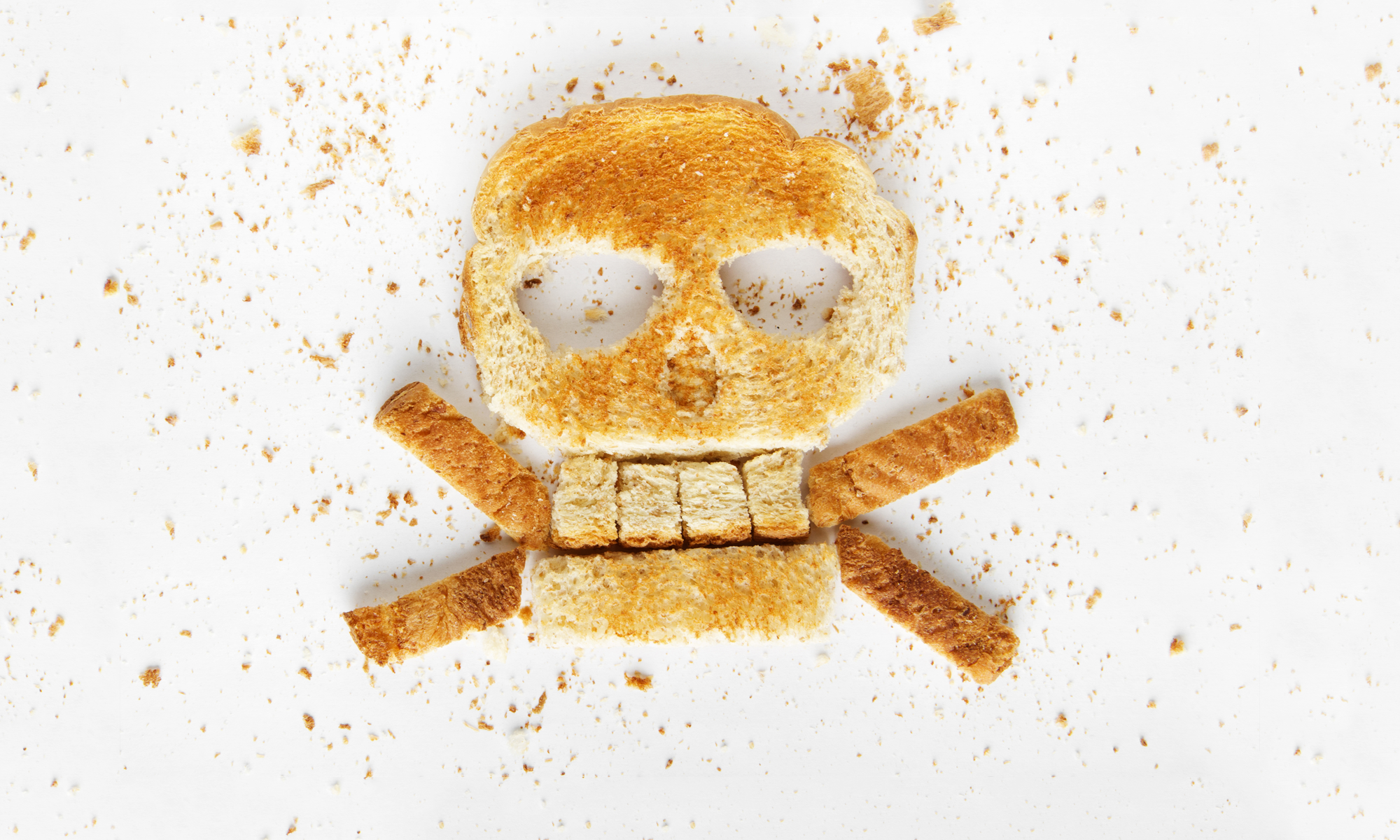This is a letter that you can share with those who have offered to prepare food for you in hopes of providing a concise tool that you can use in such situations. This may also come in handy when traveling for a summer camp, yoga retreat, etc. Feel free to customize it to suit your own combination of allergies and sensitivities. I’ll write it for those needing to avoid “gluten”.
Dear ____________________,
Thank you so much for your kind offer to prepare food for me! As you may know, I have health concerns that require me to diligently avoid gluten (wheat, rye, barley), as well as ______________________________________.
In order for the food you prepare to be safe for me to eat, there are some special handling precautions I need you to follow. I recognize that some of these steps sound fussy and tedious, but I assure you they are necessary. I would be happy to discuss these steps with you in further detail if that would be helpful. It may be worth considering having you prepare food for me in my kitchen. We may also come to the conclusion that it will be safest for me to bring my own food.
It is essential that any kitchen items with porous or scratched surfaces be replaced with brand new items that have never been used with gluten/allergen-containing foods. This includes cutting boards, spatulas/flippers, wooden spoons, frying pans, Teflon/non-stick pots, baking pans, rolling pins, colanders/sifters, baking measuring cups/spoons, and plastic storage containers. If you have a stainless steel frying pan or pots, it would be ideal to get a new piece of steel wool and scrub the pan until you are confident it has been resurfaced. Cleaning with hydrogen peroxide may also help to remove gluten residue (this is not a perfect solution, but is a step that could be used on countertops, stovetops, glass cutting boards, and stainless steel pots and pans).
If you would like to prepare something in the oven or on the BBQ, it would be best to cook it inside an aluminum foil pocket to minimize the risk of cross-contamination. If this packet tears and the contents come in contact with the pan or grill, they are no longer safe.
It is important that you always use clean dishcloths, sponges, and towels when preparing my food (or food for ____________________). It is important to use a gluten-free dish soap like Seventh Generation Free and Clear, BioVert, or another we confirm together is gluten-free. Seventh Generation’s free and clear multipurpose cleaning spray and hydrogen peroxide are ideal for cleaning surfaces.
It is important to completely clean the working surface before you begin preparing the food, and helpful to clean knobs and handles you will need to touch so you don’t have to re-wash your hands every time you reach for an ingredient.
Every ingredient needs to be checked and confirmed to be gluten-free. Some products will provide this label. Packaged goods that do not will have to be checked. If it says “may contain traces of gluten or wheat”, that ingredient isn’t safe for me. Gluten frequently hides in spices, sauces, marinades, dressings, soups, and in coatings. **Please refer to the attached list of terms that gluten can appear on labels as**
It is safest to use fresh fruit, vegetables, meat/fish, pure olive or avocado oil, and fresh herbs. When buying meat, it is best to purchase something that was vacuum packed at the slaughterhouse rather than handled by the local butcher who also has breaded or marinated items being handled in the same area. Sausages and deli meats are not safe unless they are in a sealed package from the manufacturer and say specifically they are gluten free (watch for other allergens). Always wash fruits and vegetables thoroughly – they may have been contaminated on the conveyor belt at the market, in transit, etc.
If you are using any condiments or spreads (including things like mayo, butter, margarine, nut butters, jams, mustard, ketchup, dressings, oils, vinegars, etc) it is only safe for me to eat from a new jar that has only had clean implements dipped into it (no double dipping), or squeezed out of a tube that hasn’t been contaminated. Some versions of these may contain gluten and thus should be checked (eg malt vinegar).
Not all gluten-free products are created equal. If you would like to include crackers, cookies, pasta, breads, or other baked goods, please discuss this with me and I can advise you on which ones work best for me (and where to get the best price on them).
If you are baking, all of the ingredients used must be confirmed to be gluten-free/from gluten-free handling facilities, and should be new containers/packages as flour from a previous baking project could have gotten into the sugar jar, etc. Baking powder contains gluten/corn unless otherwise specified.
If you use reusable grocery bags, please wash them before using them on food for me (or use the bags provided by the store).
Cutlery and dishes should be given an extra thorough washing with the gluten-free dish soap. If they are being washed in a dishwasher, it is essential to clean the trap in the drain to prevent the backsplash of gluten residue from previous meals.
Food for me must not make contact with surfaces of a toaster that regularly is used with regular bread products. If the oven is to be used, please clean all surfaces prior to use as crumbs from other baking can contaminate the food you are preparing for me.
Thank you so much for taking the time and care to review and follow these instructions! It is a truly precious gift that you would care so much as to go to this effort for me!
With deepest gratitude,
______________________________
Important links:
Non-AIP Ingredients in Foods, Baby Products, and Household Items

